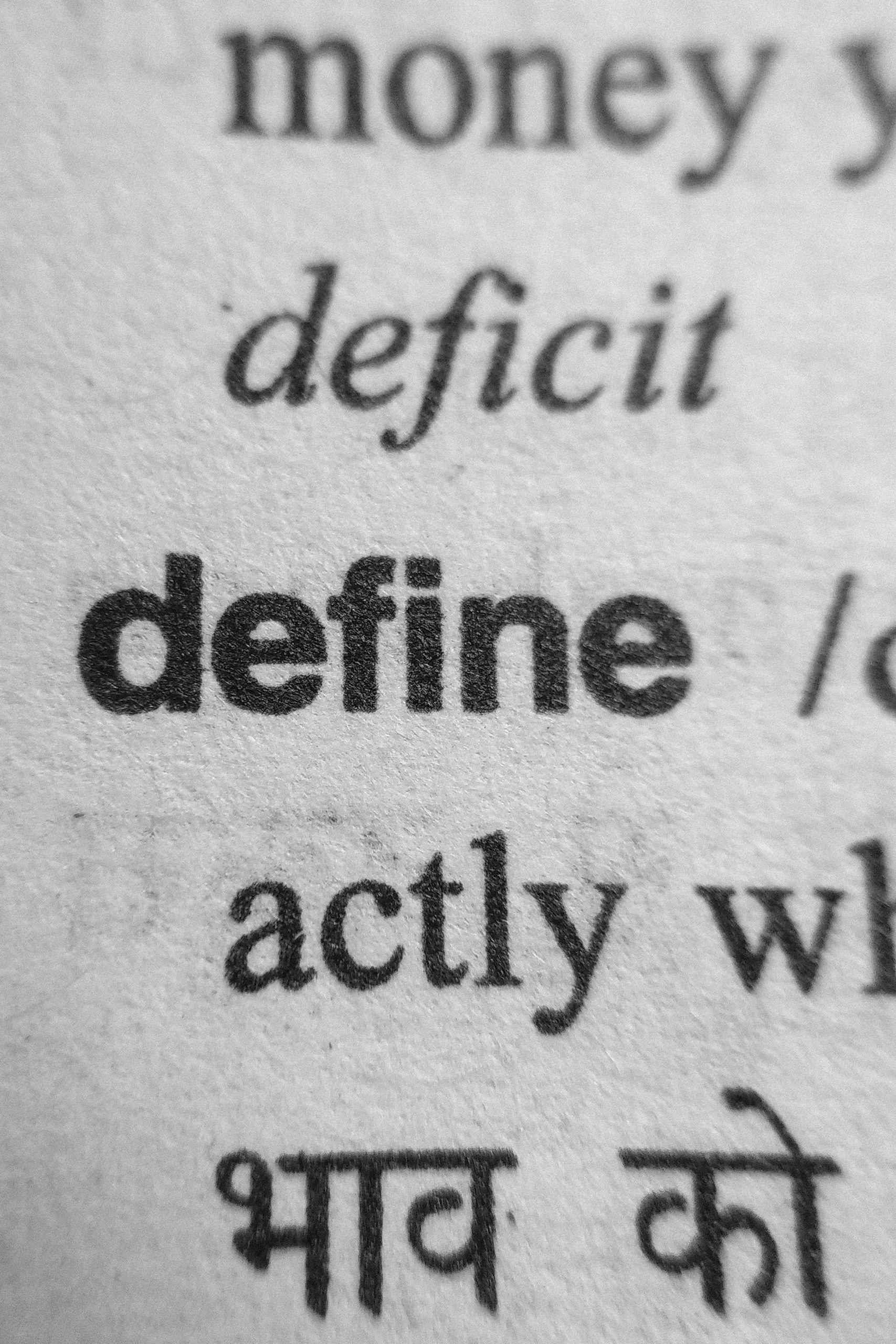Your cart is currently empty!

Steven Coulson
Steven has been drinking beers, wines and spirits for decades and has a propensity to go about them at length after a few drinks.
Latest Posts
- My wife found out our favorite Gin for martinis was discontinued. I think we are good for a while…

- Oregon Road Trip: Freeland Spirits Garden Botanicals Gin

- Botanist with Trader Joe’s Lemon and Elderflower Soda

- I’m one of the worlds leading buyers of craft gin in the world and a international spirit judge AMA

- I’m blown away…. By how let down I am by this Gin.

Categories
Tags
Social Links

The Art of Tipping: How Knowledge and Service Impact Bartenders’ Gratuities
Last night, I had the pleasure of visiting a new bar and indulging in a delightful Belgian gueuze—a unique sour beer that often gets mispronounced. However, to my surprise, the bartender pronounced it flawlessly, stating, “the guhz is excellent,” as if it were second nature. What followed was an insightful conversation about the beer’s wild fermentation process, as she suggested a perfect cheese pairing to elevate the tasting experience.
I was taken aback; my expectations of a typical bar experience, where staff either avoid pronouncing niche beer names or confidently mispronounce them, were completely upended. This bartender didn’t merely pour the drink; she demonstrated a genuine understanding of the product and provided expert advice, making me feel valued as a customer.
After such an impressive experience, I decided to tip 30%. Yet, it left me pondering whether there’s an unwritten guideline when it comes to tipping based on a bartender’s knowledge. Is there a system where correct pronunciations and in-depth beer knowledge warrant higher gratuities?
This encounter raised questions about how we evaluate bartenders’ skills in relation to our tipping habits. Should we adjust our tips according to the level of expertise and customer service we receive? Does the complexity of a beer’s name carry weight in the tip amount?
After reflecting on these points, it seems clear that when you come across a bartender who truly knows their craft, an increased tip is a fitting gesture to acknowledge their expertise. It not only rewards their exceptional service but may also encourage a higher standard of knowledge and passion in the hospitality industry.
In the end, perhaps the real takeaway is that the art of tipping is multifaceted. It encompasses not just the quality of service but also the knowledge that enhances our drinking experience. So next time you find yourself at a bar and are pleasantly surprised by a bartender’s expertise, don’t hesitate to say thank you—perhaps with a well-deserved tip.
